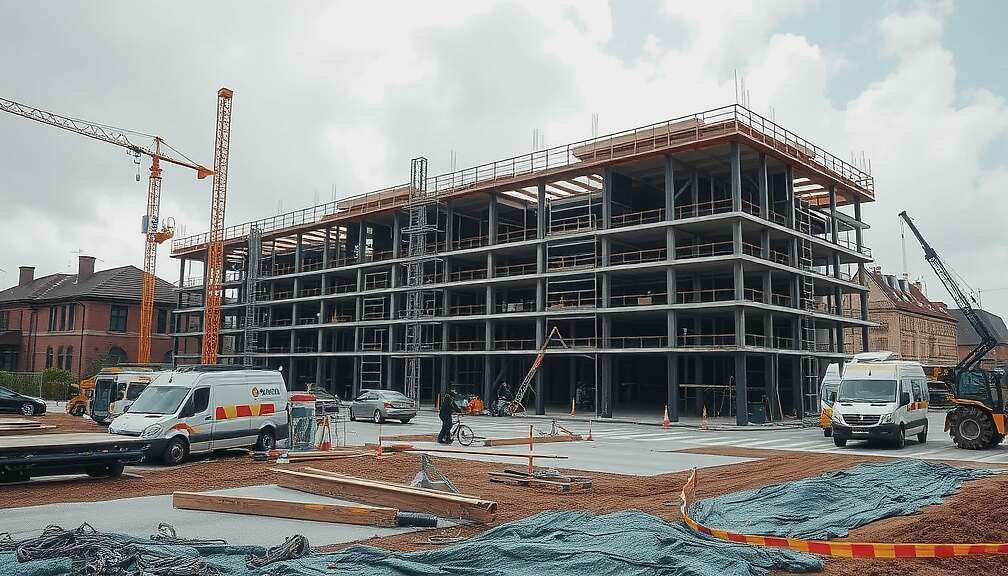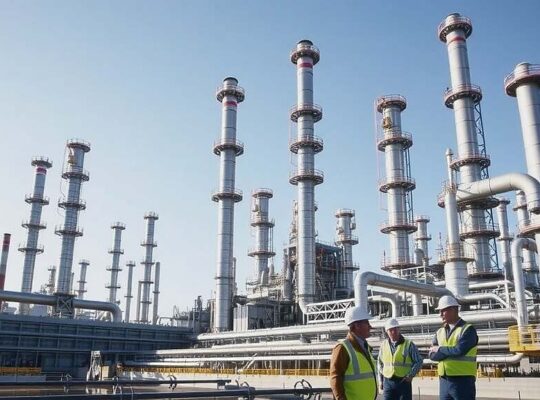A significant shortfall in skilled workers is threatening the timely and cost-effective implementation of infrastructure and climate neutrality projects in Germany, according to a new study released by the Institute for Economic Research (IW). The study highlights a critical need for qualified personnel across various roles, particularly within the planning and construction phases of these vital undertakings.
Currently, an estimated 10,000 experts are lacking for the planning aspects alone. Projections from the IW indicate a broader skills gap, with a predicted shortage of approximately 69,000 qualified workers in infrastructure-related professions between July 2024 and June 2025. This deficit disproportionately impacts the civil engineering sector, where over 4,000 skilled personnel are needed to maintain and modernize crucial infrastructure like roads, railways and bridges.
The IW recommends a targeted recruitment drive from EU third-party countries to alleviate the acute labour shortage. Alexander Burstedde, an IW expert, cautioned that escalating construction costs pose a potential risk to the value of the special fund. He stressed the need for the German government to prioritize attracting more skilled labor and streamlining construction processes to avoid significant financial losses due to rising prices.












